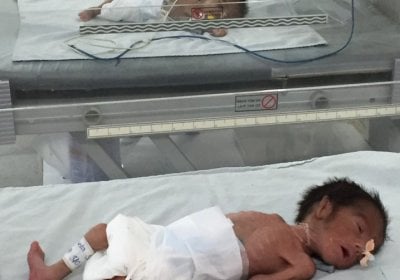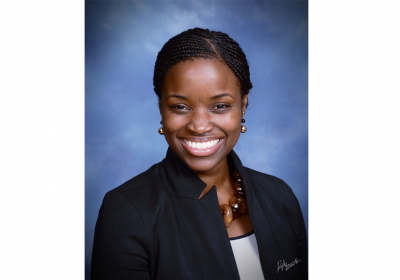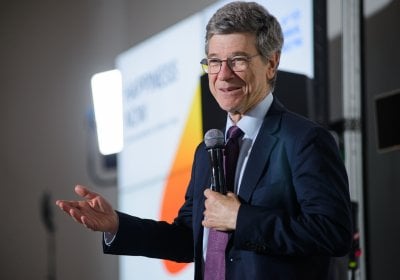Can a sexual health intervention increase chlamydia and gonorrhoea testing among young Aboriginal people in Australia?
For two decades, higher notification rates of chlamydia and gonorrhoea have been reported among Aboriginal compared with non-Aboriginal Australians. Four Aboriginal primary health care centres were recruited for a pilot program to evaluate if a sexual health intervention could significantly increase chlamydia and gonorrhoea testing among 15-29 year olds. The program included extracting demographic and STI data from the patient system, visiting each clinic every six months to meet with clinic staff to monitor their progress, provide training and to develop STI action plans. A clinical audit was also conducted to examine why 15-29 year olds were attending the clinic. Both data sources assisted in shaping the action plans so clinic staff could develop strategies based on the different consultation types that young people were coming to the clinic and to maximize staff’s ability to offer STI testing.
Simon is an Australian National Health and Medical Research Council fellow at the Doherty Institute, University of Melbourne but is located at LSHTM. In 2014 he was awarded a PhD from the Kirby Institute, University of New South Wales in Sydney titled ‘Sexually transmitted infections and bloodborne viruses in Aboriginal Australians: understanding the burden of disease and evaluating an intervention’. He did his postdoc at the Center for HIV Educational Studies and Training in New York City.
Admission
Contact



